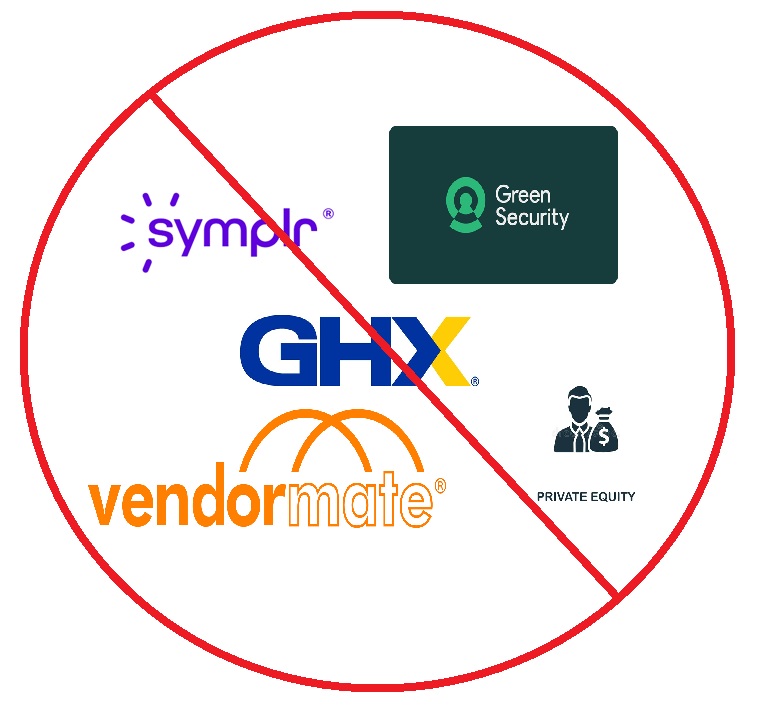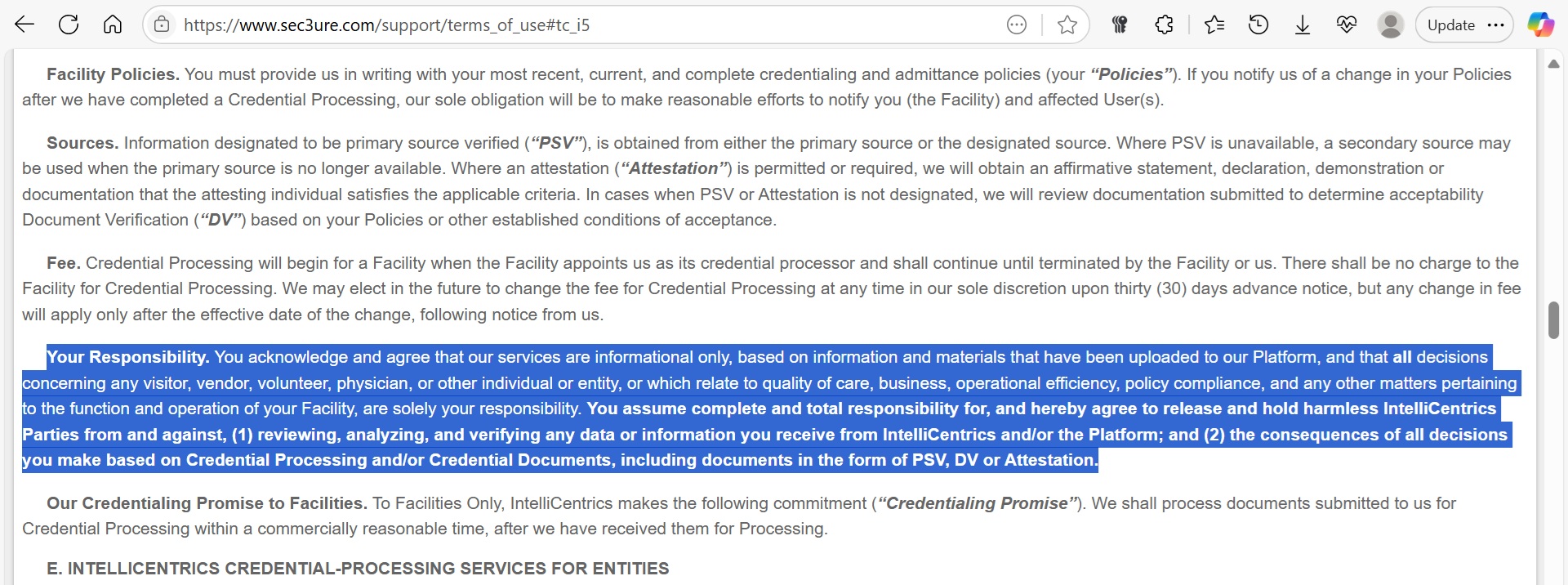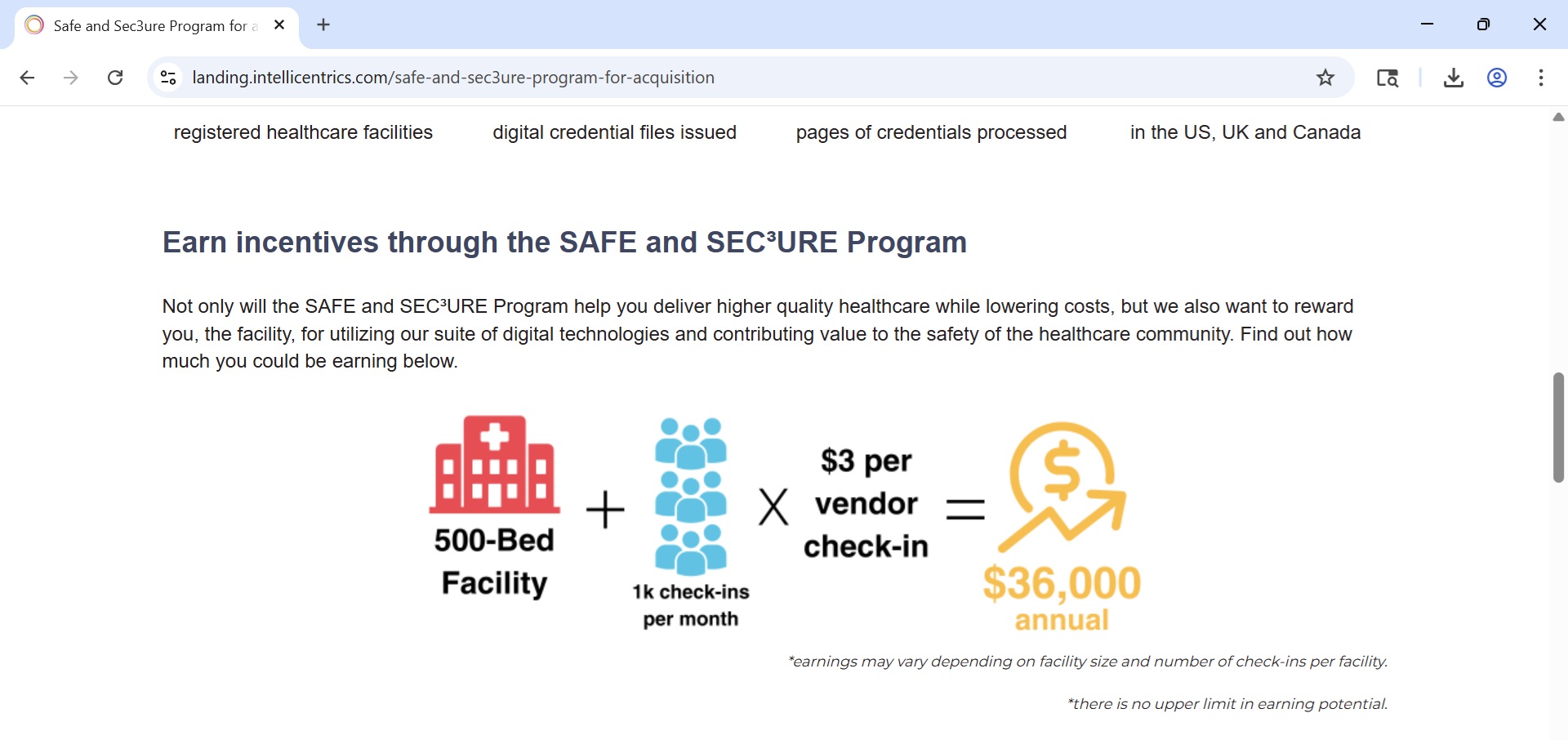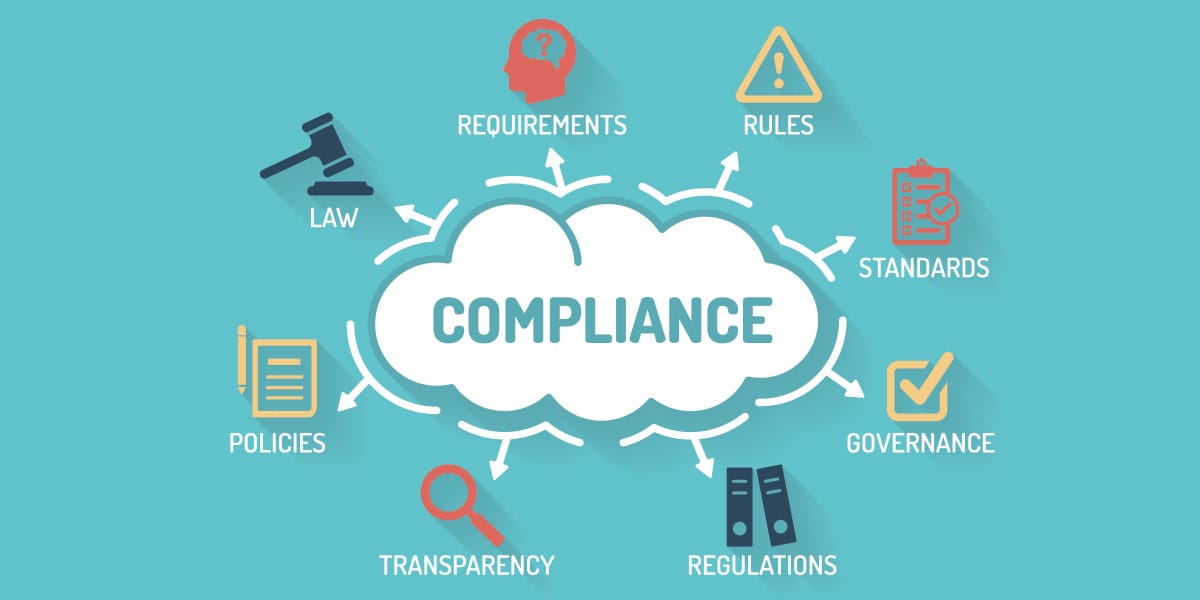Welcome to medkeyONE
A member owned, nationally unified hospital credentialing service that is simple, fair and fully transparent.

Problems we’re here to solve
The current situation with vendor credentialing companies (VC Syndicates) is outrageous. Costs increase every year with no recourse for vendors. There are documented cases of hospitals receiving kickbacks and profit-sharing payments from these companies. Most concerning, credentialing companies explicitly state in their terms and conditions that they make no assurances regarding background checks, drug tests, immunization records, or clinical training verification. They extract money from vendors who have no alternatives while contributing nothing meaningful to patient safety.

Predatory Price Increases
Yearly price increases as much as 300%! Pure greed. There is no recourse for reps, powerless to do anything about it.

Monopolist Gatekeepers
Recent consolidation and private equity acquisitions. 90% or more of US facilities are now managed by 1-2 exclusive VC syndicates.

Legal & Ethical Practices
Hospital kickbacks & market dominance raise red flags with antitrust law, the federal Anti-Kickback Statute, and public procurement regulations.

Harmful to HCP’s & Patients
VC syndicates complicate access to clinical support and create barriers to entry by reducing access to innovative products and technologies.
How we are different
The time has come for a new solution.

Member Owned Co-OP
Each member will have ownership shares and voting rights on major company decisions, especially price increases or sale of company.
Simple & Standardized
ONE single national access Passport Photo ID for all facilities. Standard compliance modules for all facilities.


Private & Ethical
We do not sell or share your confidential business data. We do not pay kickbacks to hospitals. We do not integrate with Repscrubs or anything similar.
Frequently Asked Questions about VC Syndicates
What are the CMS/Joint Commission requirements regarding vendor screening and credentialing?
Aside from monitoring the HHS List of Excluded Individuals/Entities, requirements are not driven by a single statute but by a framework of rules and standards that hospitals must follow to operate, receive payment, and protect themselves from legal risk. Learn more here.
Do VC syndicates make any assurances to hospitals regarding their screening process or verification of credentials?
No. Their terms and conditions explicitly disclaim responsibility for the accuracy or completeness of their screening and verification processes. Learn more here.
Do VC syndicates like GHX, Simplr, etc. pay kickbacks to hospitals?
Yes, they do. These companies often provide financial incentives or rebates to hospitals, creating potential conflicts of interest in the credentialing process. Learn more here.
Who owns these VC syndicates, how much money do they make?
Most are private equity-owned, making their financials largely opaque. We do know some things, though.
Who else do these VC syndicates harm besides medical device representatives?
The current system creates widespread negative impacts for physicians who face delays accessing new technologies, patients who experience reduced access to innovative treatments, and the broader healthcare system through increased costs and barriers to innovation. Excessive fees and monopolistic behaviors ultimately slow the adoption of breakthrough medical technologies and contribute to rising healthcare expenses.
Frequently Asked Questions about medkeyONE
How is medkeyONE different? How do I know you won’t eventually become just as bad as the other companies?
Our founders are medical device industry veterans who understand your challenges firsthand. Unlike other companies, we’re structured as a member-owned cooperative with voting rights on major decisions, built-in protection against predatory pricing and hostile acquisitions, and accountability to members.
How much will medkeyONE charge?
Approximately $100 per year for complete access to our credentialing platform.
Why aren’t the major companies (J&J, Stryker, etc.) working together to push back against vendor credentialing companies?
Based on industry feedback, credentialing costs represent a manageable line item for large companies relative to their overall revenue. Many prefer not to challenge established hospital relationships or invest effort in changing the system. Additionally, the current system may inadvertently benefit larger companies by creating barriers that disproportionately impact smaller competitors, as higher credentialing costs and administrative burdens affect smaller companies more significantly.
How will you get approved with hospitals that already work with Simplr, GHX, and other established companies?
We’re disrupting an entrenched system that benefits few at the expense of many. While we expect resistance from incumbent players, we’re prepared with comprehensive hospital engagement strategies, multiple market entry pathways, and strong value propositions that benefit both vendors and hospitals. Learn more about our strategy here.
Do I have to pay anything now? When will medkeyONE start rolling out in US hospitals?
We are only accepting pre-registrations at this time with no payments required. We will begin full registration and payment collection only when we launch our service. Timeline may vary by hospital system, but we have detailed strategies and multiple options to accelerate adoption.
How can I help?
Thanks for asking. We won’t win this fight without your help. Learn more about how you can help here.



